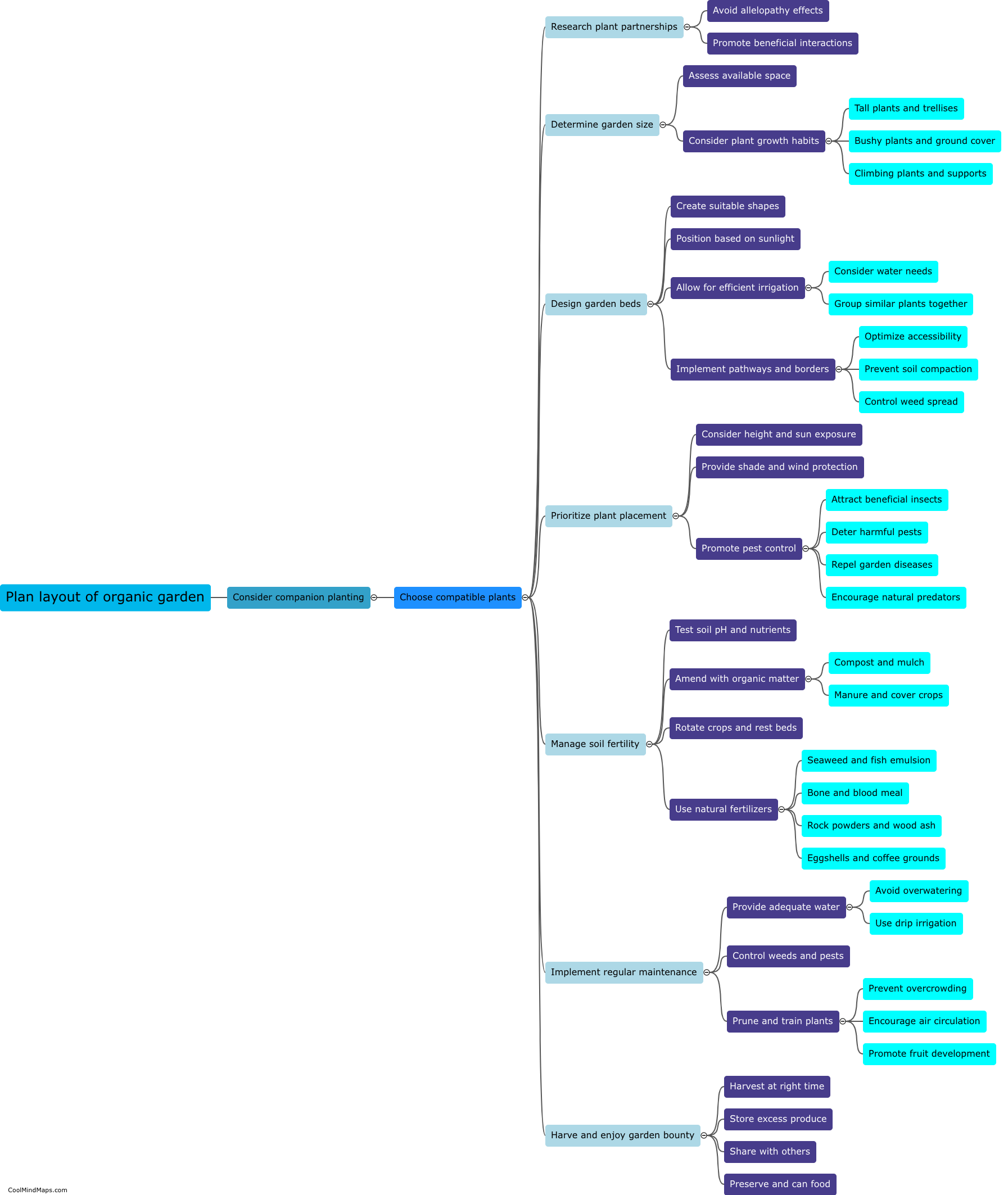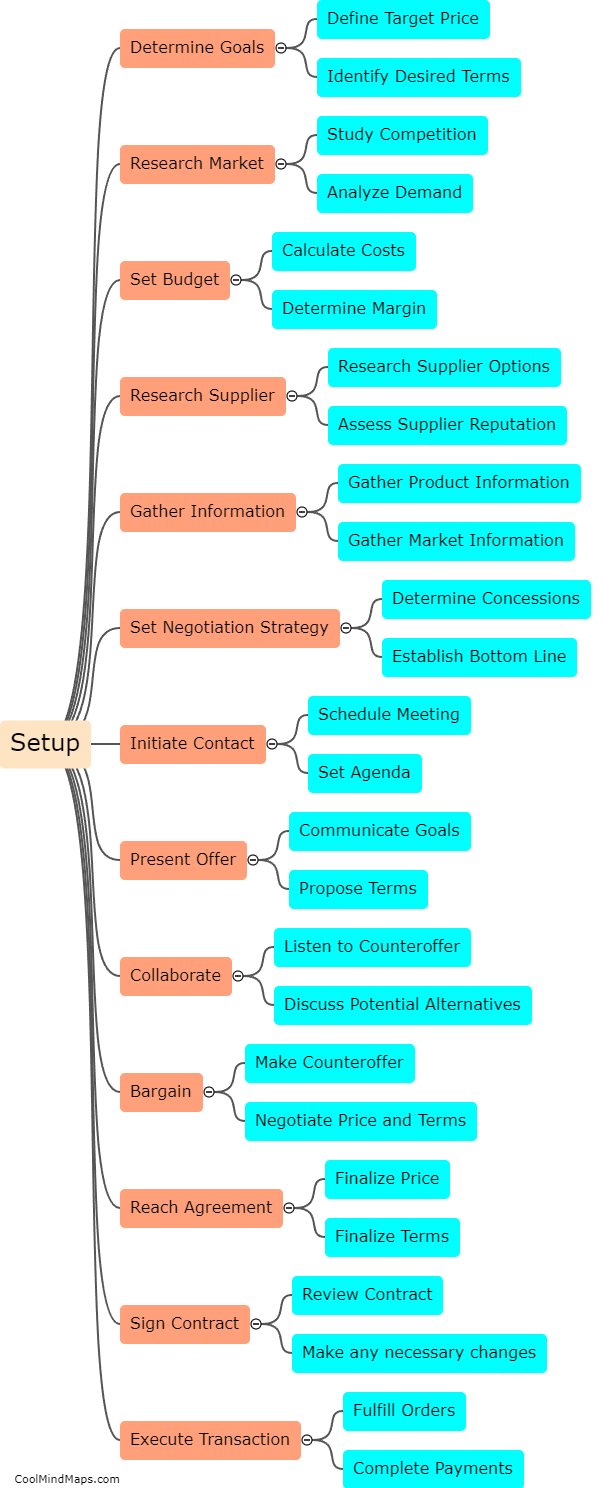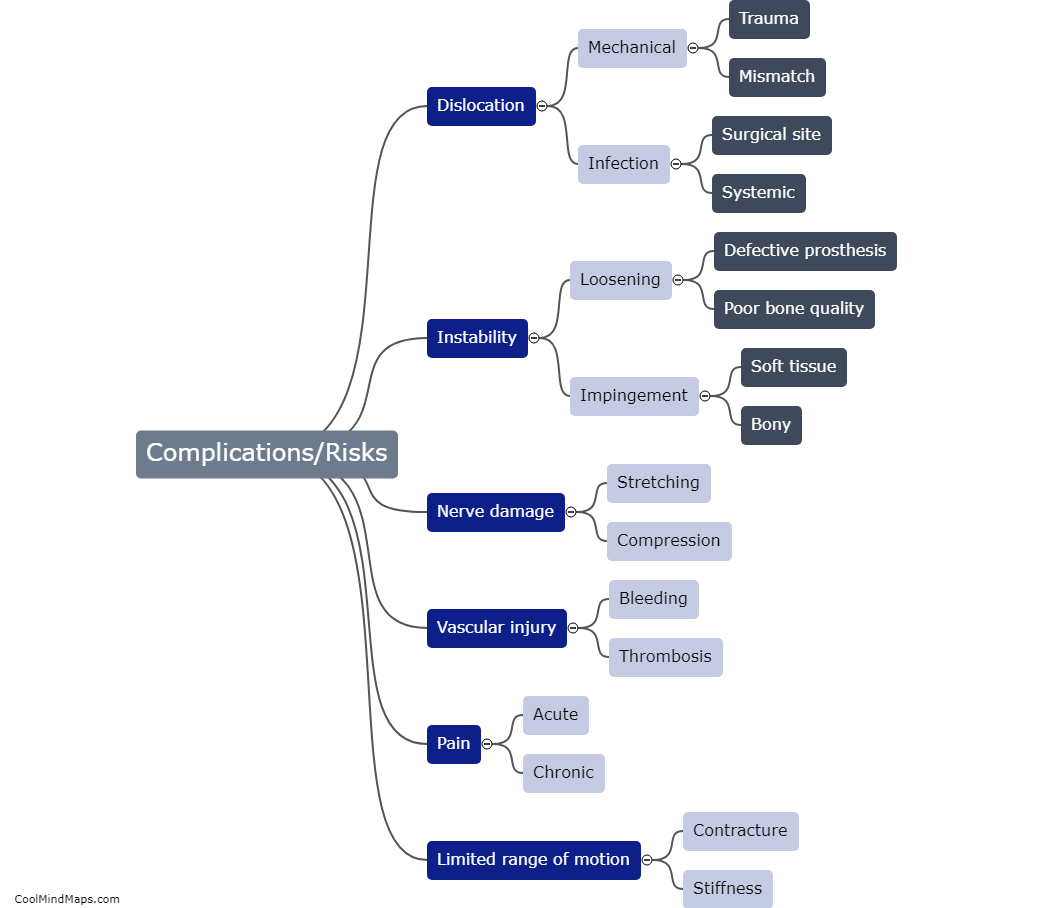What are the principles of public administration?
The principles of public administration serve as guidelines for the effective and efficient management of public organizations and the delivery of public services. These principles are rooted in the principles of accountability, transparency, fairness, and responsiveness. Accountability ensures that public administrators are answerable for their actions and performance, both to the government and to the public they serve. Transparency promotes openness and clarity in decision-making processes, allowing for public scrutiny and trust-building. Fairness emphasizes the equitable treatment of all individuals and groups, ensuring that public resources and services are distributed in an objective and unbiased manner. Lastly, responsiveness entails the ability of public administrators to listen, understand, and address the needs and concerns of the public, thereby fostering a responsive and inclusive governance system. By adhering to these principles, public administrators can uphold public trust, promote good governance, and achieve public value.

This mind map was published on 17 November 2023 and has been viewed 99 times.











